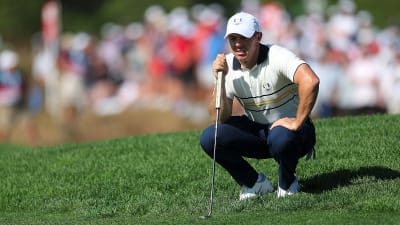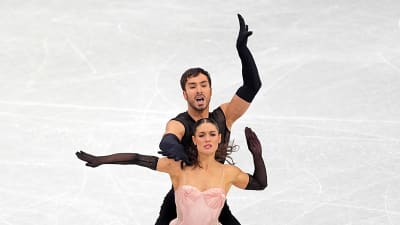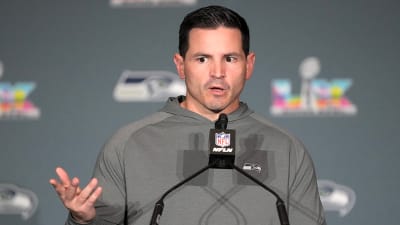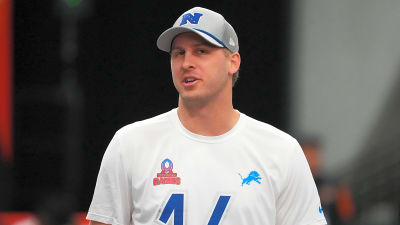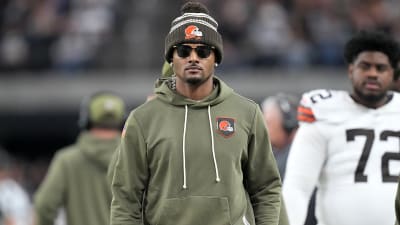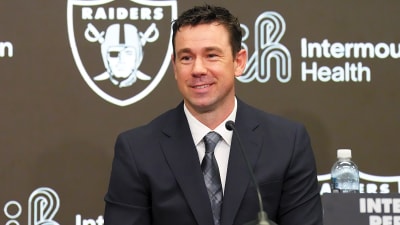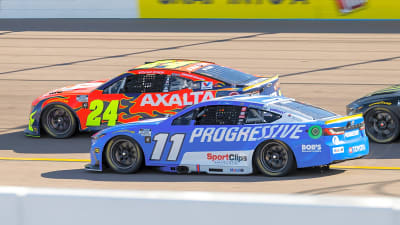
When the 2008 USA Basketball Men’s National Team, better known as the Redeem Team, was enshrined in the Naismith Memorial Basketball Hall of Fame this September, the spotlight naturally fell on superstars like Kobe Bryant, LeBron James, Dwyane Wade, and Chris Paul.
Yet, for Detroit Pistons fans, the moment carried a deeper pride. One of their own, Tayshaun Prince, stood among those legends, reminding the basketball world that championship DNA often thrives in the shadows.
Prince’s Place on the Redeem Team
By 2008, Prince was already a proven champion with the Pistons, a cornerstone of their 2004 NBA title run and a four-time All-Defensive selection. While Team USA leaned on megastars for scoring, head coach Mike Krzyzewski needed glue players, athletes willing to defend, stretch the floor, and buy into roles that demanded sacrifice.
Prince fit that mold perfectly. His length, defensive intelligence, and willingness to stay in the background made him an indispensable piece of the Redeem Team puzzle. In eight games in Beijing, Prince averaged 10.9 minutes, 4.3 points, and 1.9 rebounds per contest while shooting an efficient 59.1% from the field and 54.5% from three-point range.
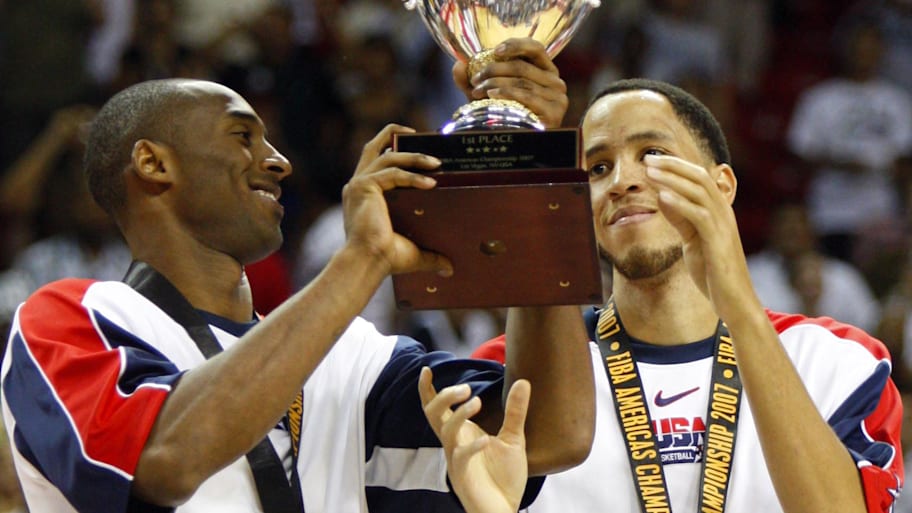
The Numbers Behind the Impact
Prince’s raw box scores don’t scream stardom, but the advanced metrics tell a story Pistons fans know well: his contributions were about efficiency and reliability.
Per 36 minutes, Prince posted 14.1 points, 6.2 rebounds, and 2.9 assists, production that rivaled the team’s stars when adjusted for playing time.
His .591 field goal percentage ranked among the best on the roster, while his three-point accuracy (.545) added spacing in lineups stacked with drivers like Wade and LeBron.
Defensively, his length helped USA switch seamlessly across positions, particularly against international offenses built on ball movement and shooting.
For a team that outscored opponents by more than 27 points per game (850–627 overall), players like Prince were the connective tissue ensuring those runs stayed consistent.
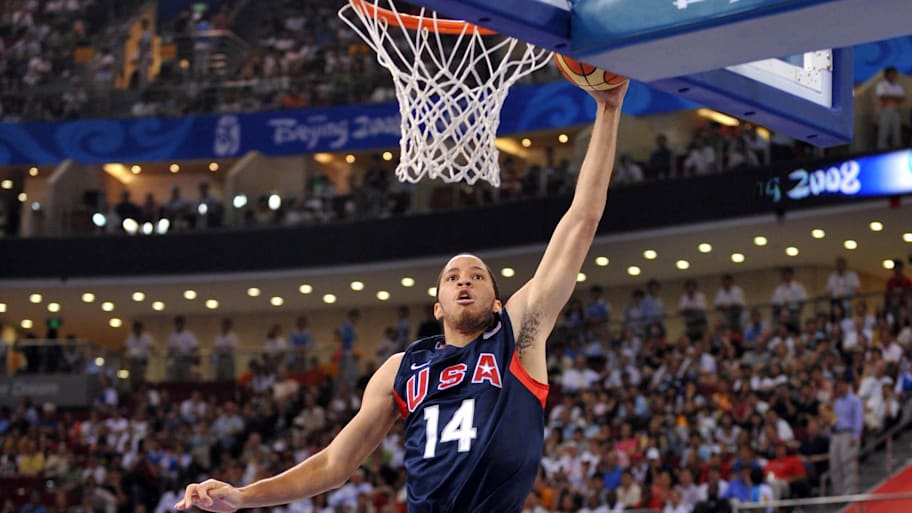
Detroit’s Defensive Mentality on the World Stage
Prince’s role with Team USA mirrored what he’d long done in Detroit. He didn’t need to dominate the ball or fill up highlight reels. Instead, he leveraged discipline, defense, and adaptability, the very principles that defined the Pistons’ mid-2000s success.
His chase-down block of Reggie Miller in the 2004 Eastern Conference Finals remains one of the most iconic plays in Pistons history. In Beijing, those same instincts translated into critical minutes against second units and stretches where USA needed a defensive anchor.
Hall of Fame Recognition
Now, with the Redeem Team immortalized in Springfield, Prince’s contribution has been validated on basketball’s grandest stage. Though not as celebrated as his teammates, his presence on that roster underscores a truth Pistons fans have always known: greatness isn’t just about scoring points, it’s about knowing how to win.
As USA Basketball celebrates its return to global dominance, Detroit celebrates a different kind of victory. Tayshaun Prince, the unassuming forward with the 7’2” wingspan, stood shoulder to shoulder with legends and proved that Pistons basketball had a place in history’s most decorated team.
Congratulations to Tayshaun Prince and the 2008 USA Basketball Men’s National Team on their induction into the Naismith Basketball Hall of Fame! pic.twitter.com/vNlksPtVxF
— Detroit Pistons (@DetroitPistons) September 7, 2025
More must-reads:
- Luka Doncic names the biggest trash-talker in the NBA
- Kevin Durant joins elite company with latest milestone
- The 'Super Bowl winning QBs' quiz
Breaking News
Trending News
Customize Your Newsletter
 +
+
Get the latest news and rumors, customized to your favorite sports and teams. Emailed daily. Always free!
